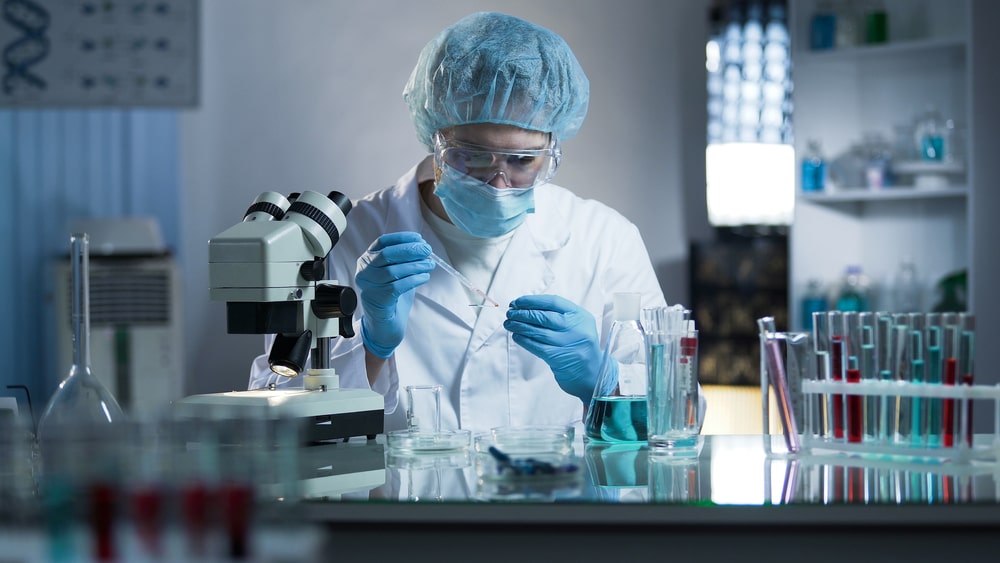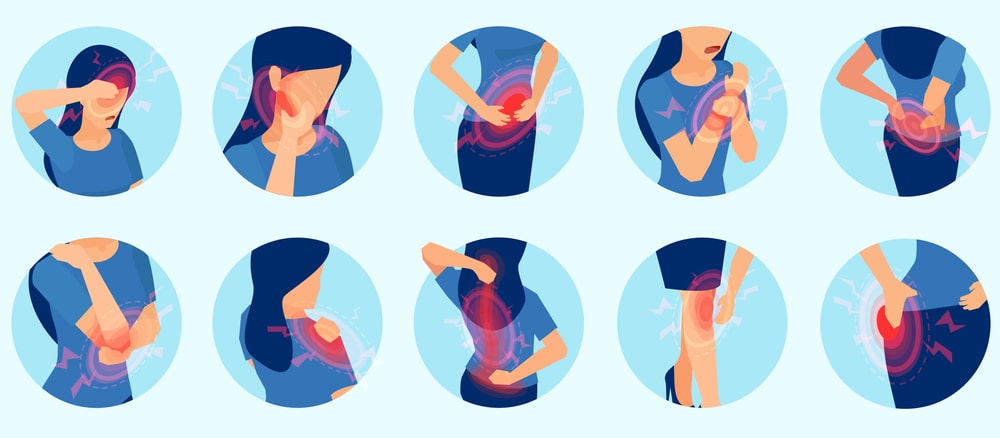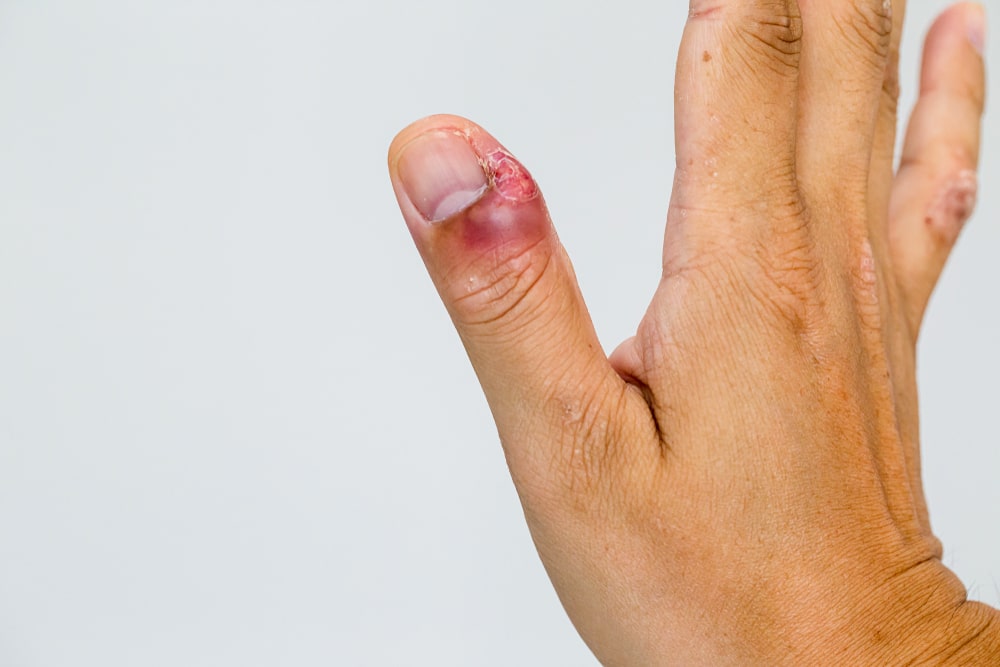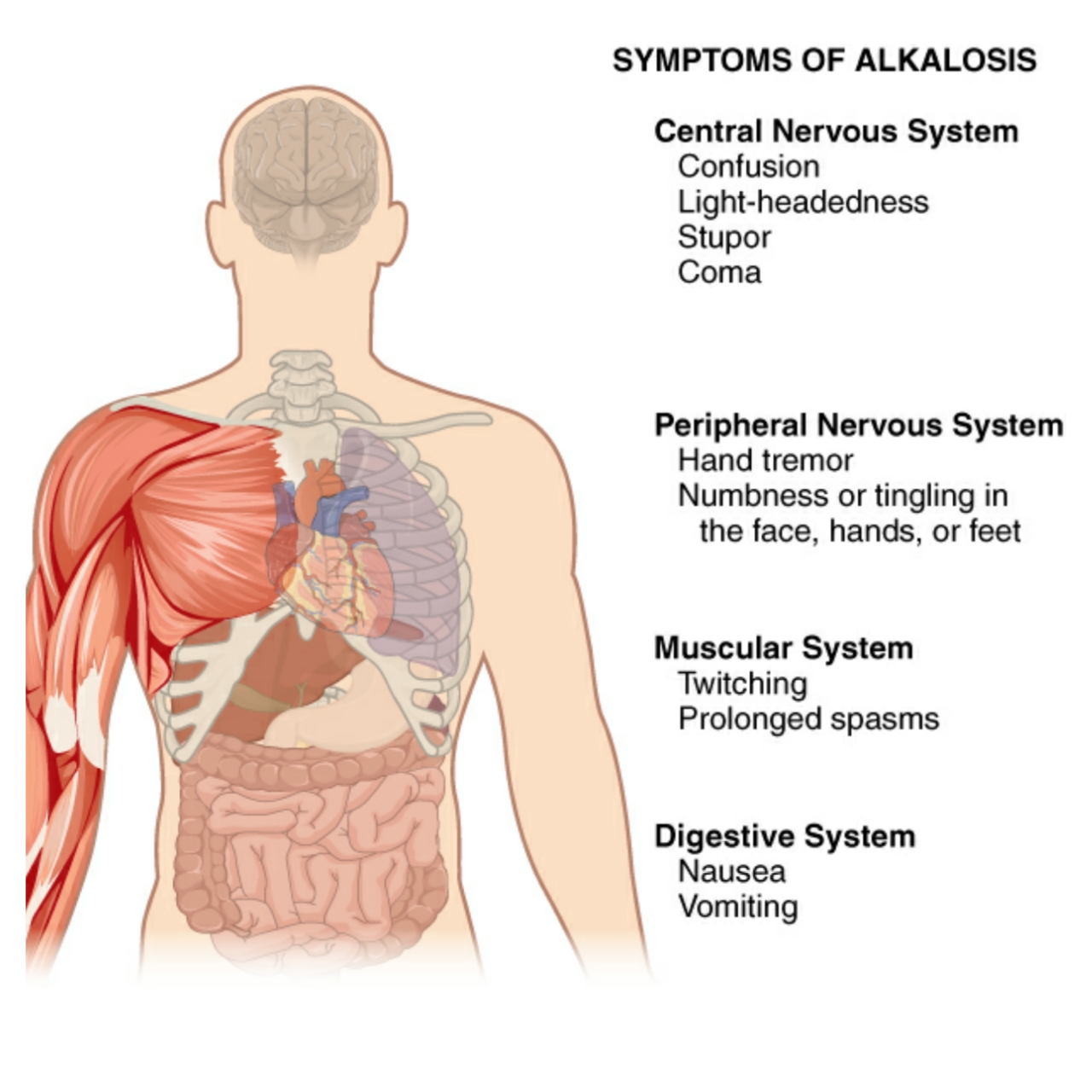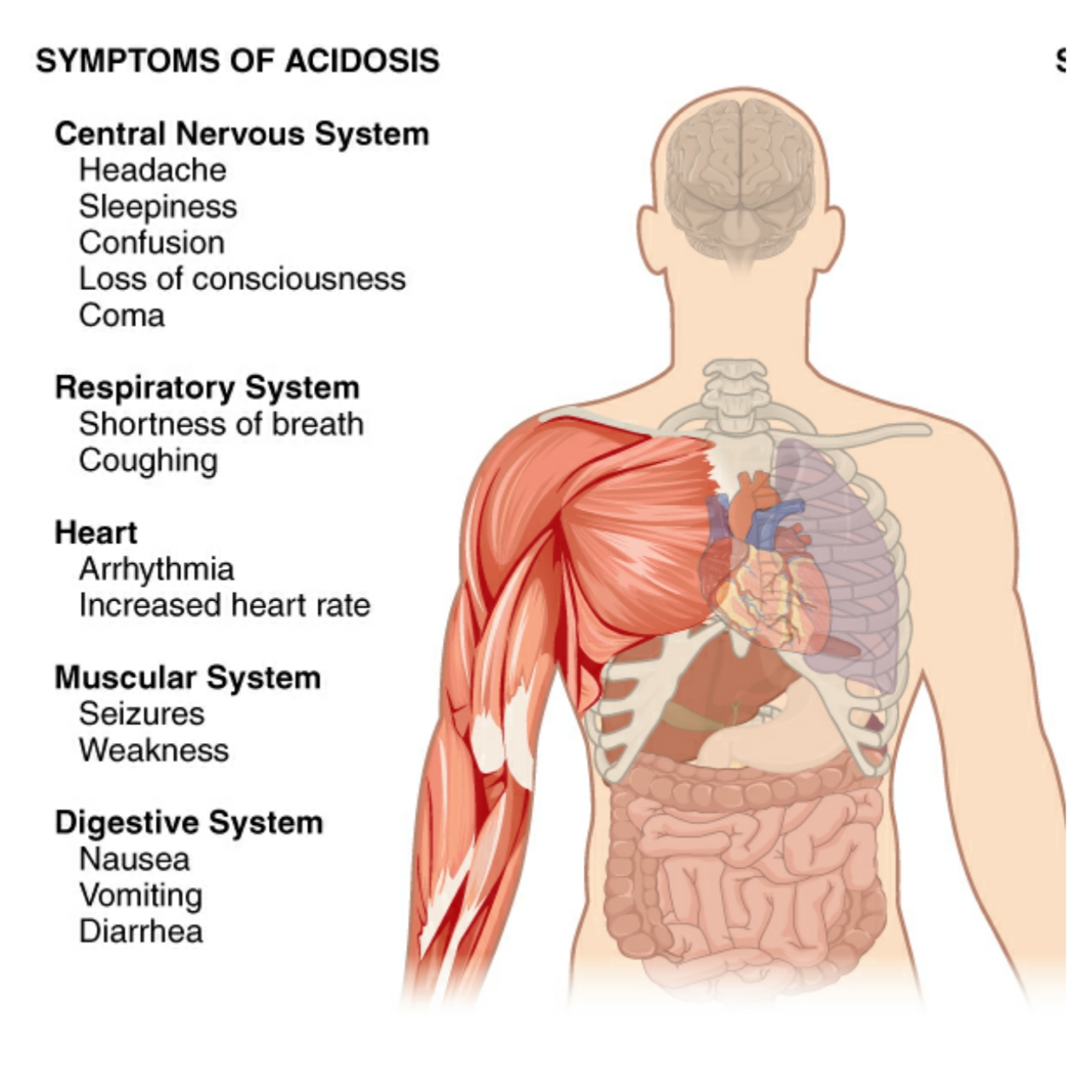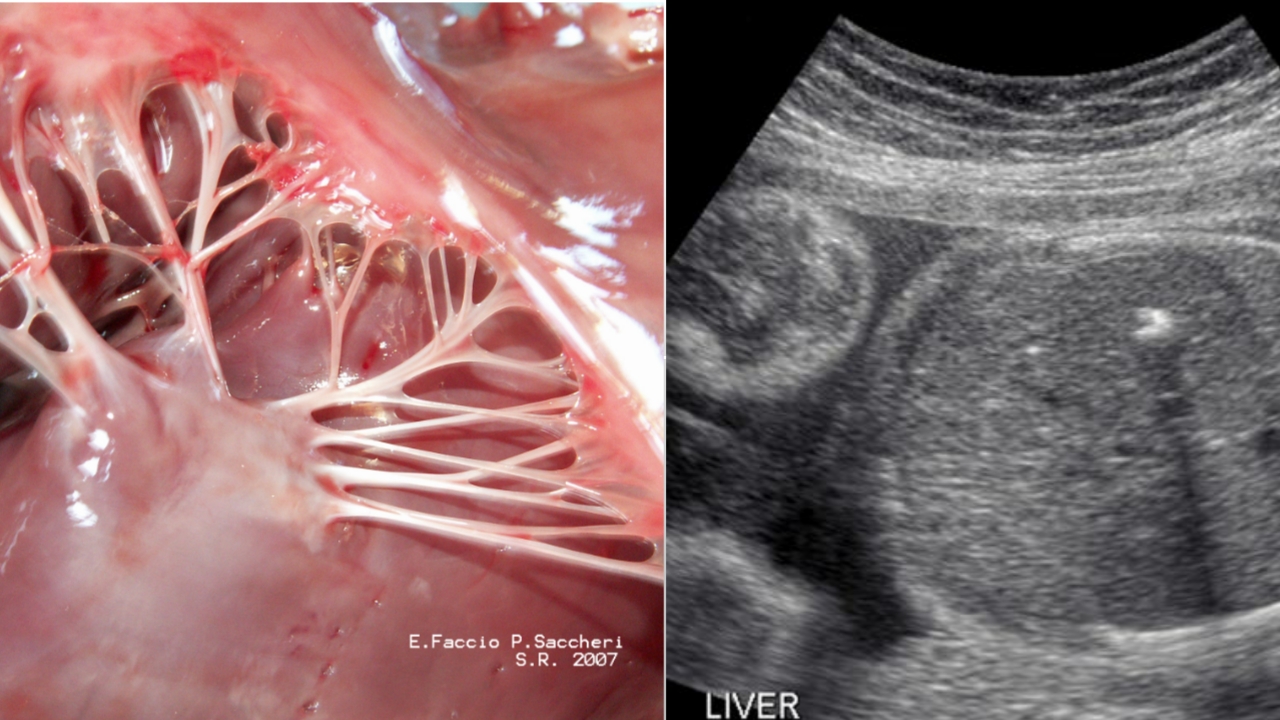Definition of homeostasis
The concept of internal harmony was proposed by Claude Bernard in the 19th century, Walter Cannon coined the term homeostasis to describe the state of internal (Physiologic and psychological) balance or organization of function. Homeostasis may be defined as “The maintenance of the internal conditions of the body at equilibrium, despite changes in the external … Read more

